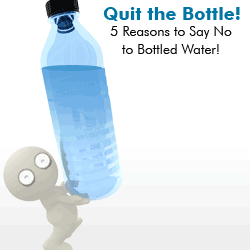
When the body is sick, most likely it also means dehydration. While many illnesses could be prevented by drinking adequate amounts of water, once ill it is even more crucial to get plenty of fluids. This is why when doctors prescribe medications, the pharmacist will add a note: Take with plenty of water.
When ill, a person needs water more so than when totally healthy. People with a fever, diarrhea, or who are vomiting will need greater fluid intake. Many ailments like this can lead to dehydration. So even when taking medication to cure or ease an illness, water still needs to be replenished.
Also, drugs themselves can dehydrate the body. This is because many of the side effects of drugs can cause symptoms like diarrhea. And, in the make-up of the drugs themselves, dehydration may just be a usual symptom. Diuretics, antihistamines, blood pressure medication, and steroids can all cause the body to be depleted of water. So, when prescribed these drugs, one should intake more water than the usually required amount.
To look a little further into this, blood pressure drugs like pyridostigmine can be aided by the intake of more water. This is because fluids will help increase the volume of blood. So, coupled with medical treatment, water, in this case, is a great help.
Since older people usually take more medications, they are also more likely to be in greater need of water. So, senior citizens should also pay careful attention to their water intake.



